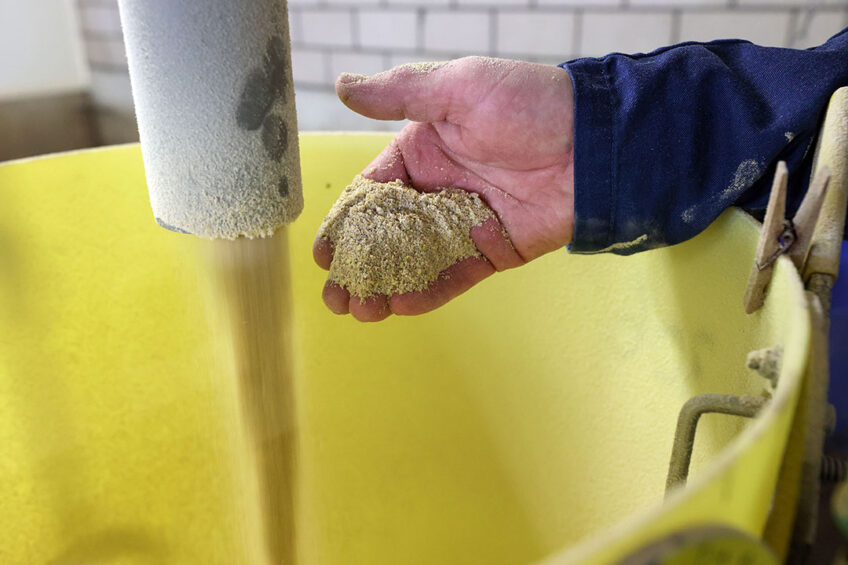EU set to allow feeding of animal protein to non-ruminants

Proposals to overturn the European ban on the feeding of animal protein to farmed animals are set to be adopted next month (September).
The European Commission’s draft regulation on feeding non-ruminant farmed animals (pork and poultry) processed animal protein (PAP) is set to get the green light following a 4-month scrutiny period.
Feeding of animal protein to non-ruminants has been banned since the BSE epidemic, which started in the UK in the mid-1980s, and is believed to have been caused by the feeding of mammalian meat and bonemeal. More than 185,000 cases were confirmed in the UK between 1986 and 2015, and 4 million cattle slaughtered, but there have been none reported in the past 4 years and the disease is said to have been eradicated.
Promoting locally courced feed
Since the ban, imported soy from North and South America has become one of the main protein sources in animal feeds, which is now seen as being unsustainable. The European Commission is keen to promote locally sourced feeds to enhance its Circular Economy criteria.
Research shows fly larvae can improve leg health
A recent study at Wageningen University and Research used live black soldier fly larvae as an environmental enrichment tool. Read more…
The regulation will also authorise the use of PAPs of porcine origin in poultry feed and poultry origin in pig feed – subject to strict requirements. For example, this must be demonstrated by means of qualitative DNA testing. There will also be strict requirements set for slaughterhouses and compound feed manufacturers. And there will be additional requirements for the HACCP system, the labelling of processed animal proteins and feeds. Animal proteins from cows may not be used.
Insect-derived processed animal protein
The Commission will also re-authorise the use of insect-derived PAPs for pig and poultry feeds. Until now, only the use of insect oils has been allowed in animal feeds and insect protein in fishmeal. The move has been welcomed by Copa-Cogeca, the leading farmers union in the EU, which said the use of PAPs was an “important source of phosphorus-rich and highly digestible proteins” that “many pig and poultry farmers” were “looking forward to having access to again”.
But others have been critical of the EU’s stance. Italian Green MEP, Piernicola Pedicini, lobbied hard earlier this year for the Commission not to lift the ban: “I personally don’t see any good human or animal health-related reason to lift this ban. In this scenario, it remains uncertain whether national authorities and producers could guarantee the separation of production lines and ensure accurate controls.”
Animal welfare and biosecurity standards
The UK has said it was committed to maintaining the highest animal welfare and biosecurity standards and that after leaving the EU there was no legal obligation to implement any changes. The Department of Environment, Food and Rural Affairs has said it had the option to review its own TSE (Transmissible Spongiform Encephalopathy) legislation in the future and that “any changes made would maintain our high level of protection of human and animal health and food safety, on the basis of scientific evidence.”












